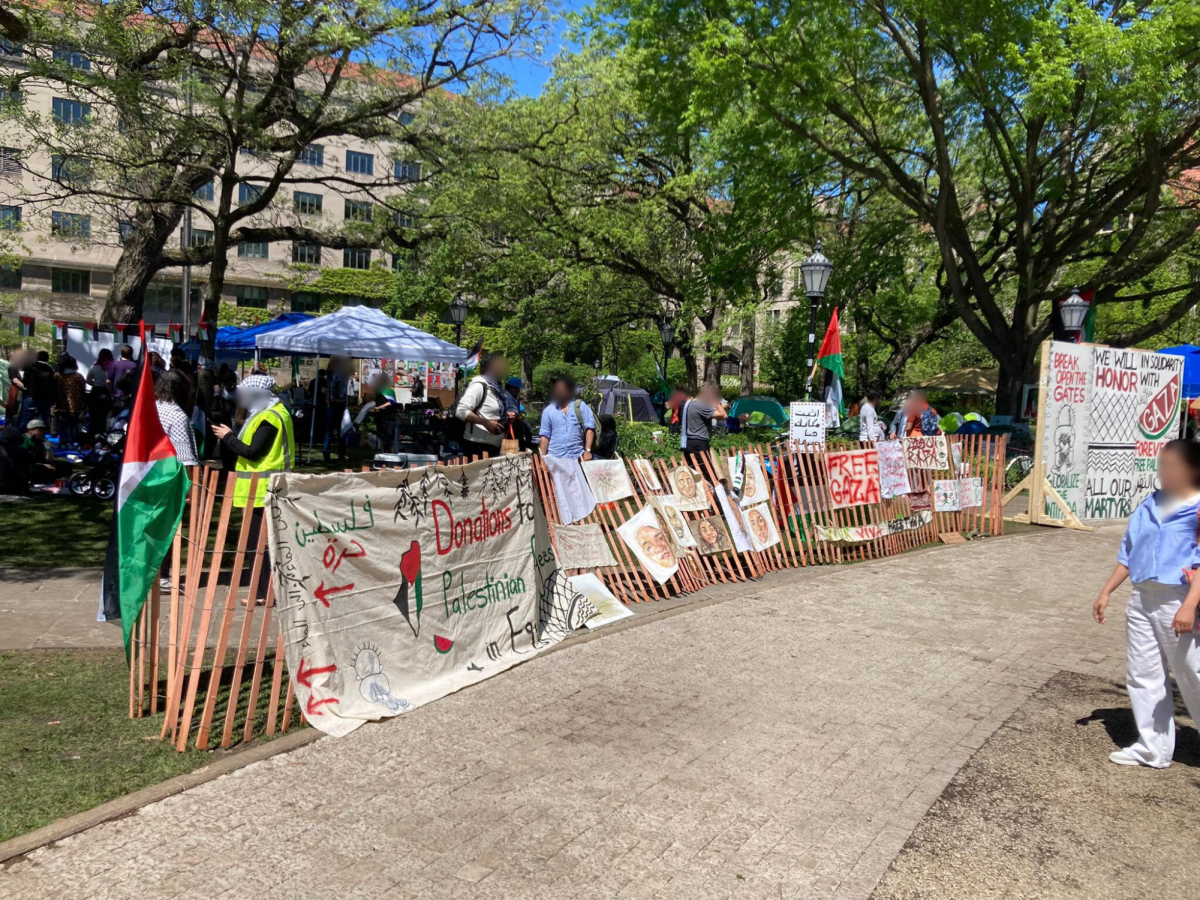Philosophy becomes relevant because the world—riven as it is with hypocrisy and concealment—desperately needs a hermeneutics of suspicion to unmask it.
Brian Leiter, Karl N. Llewellyn Professor of Jurisprudence, Director of the Center for Law, Philosophy, and Human Values, in The Future for Philosophy (2004): 78.
In re, “Faculty asked Zimmer for an open forum to discuss UChicago’s free speech policy. Here’s what they got instead,” Deepti Sailappan, 31 January 2020
UChicago faculty, and The Maroon, may be misunderstanding the “Chicago Principles.” They are not about supporting free speech, but rather an attempt to suppress criticism or controversy, that threatens to disrupt the administration’s corporate regularity, and the inclinations thereby of individual, corporate and government financial contributors. When you actually “unpack” the Principles and Statute 21, it consists of a series of escalating punishments, ranging from permanent student file letters that impact future employability to the cancellation of scholarships, academic probation, expulsion, or open-ended threats, directed at doing “whatever is necessary to protect our vital interests.” The Chicago Principles are not an enlightened body of rules that promote the First Amendment; they are an effective ex ante warrant served on students and faculty to dampen sustained confrontation toward any number of controversial speakers, some who may be aligned financially, politically, or commercially with the University. It is little wonder that the Administration resists meeting in open public faculty forums to discuss it. (They also declined to participate in a 2017 public television debate on Chicago’s WTTW, with myself and FIRE legal expert Ari Cohn, on “The State of Free Speech on College Campuses.”).
This has several fascinating ramifications. One concerns Zimmer’s unsupportable assertions concerning Constitutional law. He is quoted in The Maroon: “I keep telling people who congratulate me on defending the First Amendment that it’s not about the First Amendment…. As a private University we are not subject to the First Amendment.”
By taking such a position, he is clinging to an outdated legal interpretation that discriminates against students and faculty: The recent White House executive orders were directed specifically at universities and colleges, one order involving conservative speech accommodation, the other asserting Title VI protection of the Civil Rights Act to broader ethno-religious groups on campus. Both threaten the withholding of federal funding if such executive orders are found to be in violation by any member of the university sector.
By their federal funding conditions, they reinterpret decades-old U.S. case law concerning constitutional free speech, and other rights, on public university campuses, especially in Dickey v. Alabama (Dickey v. Alabama State Board of Education, 273 F. Supp. 613 M.D. Ala. 1967), whose constitutional law judgment was determined by “tax-supported colleges or universities.” It does not say “tax-financed” but rather broader federal funding receipts that characterize all higher education institutional capital structures. UChicago is tax exempt (tax subsidized) and is also federally compensated for the administration of Fermi and Argonne Labs, both federal Department of Energy and Department of Defense research installations, among many other sources of taxpayer finance including tuition receipts from federal subsidized or guaranteed loans.
This makes the dissonance between UChicago’s Principles, purporting to ratify free speech, and its threat of discipline enforcement in Statute 21 of the UChicago Trustees Restated Articles of Incorporation, specifically against it (under the University’s private interpretation of free speech), into a constitutional law infirmity, and Zimmer’s barricading against open discussion, more understandable.
Matthew G. Andersson, The University of Chicago Booth School of Business, M.B.A. ’96








